Colon and Small Intestine Disease
The colon and small intestine are two sections of the digestive tract. The small intestine is responsible for digestion of food and absorption of nutrients after it departs the stomach. It is about 20 feet long and has a diameter of about an inch. The colon also known as the large intestine follows the small intestine and is about 5 feet long and 3 inches in diameter. It is responsible for the re-absorption of liquid and the formation of stool.
There are many disorders that affect this area of the digestive tract. The most widely known are Diverticular disease, Cancers, Inflammatory Bowel Disease (IBD) and Irritable Bowel Syndrome (IBS). People with these diseases have can have a combination of nausea, vomiting, abdominal pain, abnormal bowel movements, bloody stool, and often weight loss.
Laparoscopic Procedures for the Small Intestine and Colon
The main goal of surgery for the diseases of the intestines is to remove the diseased tissue which allow patients to be able to resume eating and drinking normally without the constant pain and abnormal bowel movements that these diseases often cause. In times past any operations performed on the intestines would require a very large incision to the abdominal and/or pelvic area, and often would require a long hospital stay and longer recovery. Nowadays, with newer instrumentation available and techniques utilized, surgeons are capable of performing these procedures with small incisions in a minimally invasive “laparoscopic” way. Laparoscopy is preferred for these types of surgery as they allow the doctor to preserve as much of the healthy tissue as possible as well as minimize pain from the procedure. Patients are able to return to normal activities weeks sooner than with the open surgical method.
What to Expect During Surgery
The procedure will be performed after the patient has gone at least 12-24 hours without eating so that the intestines are empty at the time of the procedure sometimes the doctor will prescribe a solution to drink to help to empty the intestines and minimize the risk of contamination. This procedure will be performed with general anesthesia, so you will be completely asleep. After you have been anesthetized, catheters are placed through the nose and into the stomach. Monitors will keep track of your vital signs during the procedure itself. Depending on the disease process and severity, the procedure can last from 1 to 3 hours.
Multiple small incisions will be made on the stomach to allow Dr. Otah to insert trocars or sleeves for access into the abdominal cavity. Then carbon dioxide with be used to carefully inflate the abdomen. Dr. Otah will then place a small telescopic camera in through one of the aforementioned trocars. This will allow her to see inside of your abdomen on a TV monitor. Using specialized instrumentation inserted in the trocars, the operation is performed. Sometimes there may be another small incision on your abdomen for the diseased tissue to be removed. There are times when during the procedure it becomes necessary for Dr. Otah to change to an open procedure. This can be from excessive damage to the digestive tract, extensive scar tissue, or ulcers that have caused an infection in the abdominal cavity.
Recovering From Laparoscopic Intestinal Surgery
Post- surgery you will be taken to be observed in the post-anesthesia care unit until you recover from the anesthetic. Then you will be moved you your room. With laparoscopic surgery you will generally only need to be in the hospital for 3-5 days a much shorter stay than with the older more invasive surgical procedures. This is to insure that your digestive tract is functioning normally before discharge. You will not be able to drive for two weeks following the surgery, but if you have a sedentary job you may return after two weeks. More strenuous and demanding jobs may require a longer wait, Dr. Otah will advise you on this at your post- surgical follow up visit.
Possible Risks/ Complications
In general, there are very few risks associated with laparoscopic intestinal surgery. Complications may include:
- a negative reaction to anesthesia
- excessive bleeding in the abdomen
- infection of the abdomen
- intestinal obstruction caused by scar tissue
- bowel leakage
- blood clots
- injury to organs near incisions
- temporary slow functioning of the intestines
The Benefits of Laparoscopic Intestinal Surgery
Laparoscopic surgery has readily demonstrated a marked reduction of major complications when it was compared with more invasive procedures. Laparoscopically completed surgery have many benefits including:
- Short hospital stay
- Less recovery time
- Incisions less painful during recovery
- Quicker return to normal diet
- Quick return to work
- Smaller scars
Almost all patients will qualify for laparoscopic surgery. Although there are some conditions that may possibly decrease patient eligibility, these may include previous abdominal surgery, and advanced heart, lung or kidney disease. Contact us today to schedule your appointment
If your doctor has determined that you have a disease of the small intestine or colon in which surgical intervention could significantly improve your life the Center for General and Laparoscopic Surgery is here to help. Contact Dr. Otah to schedule an appointment.


